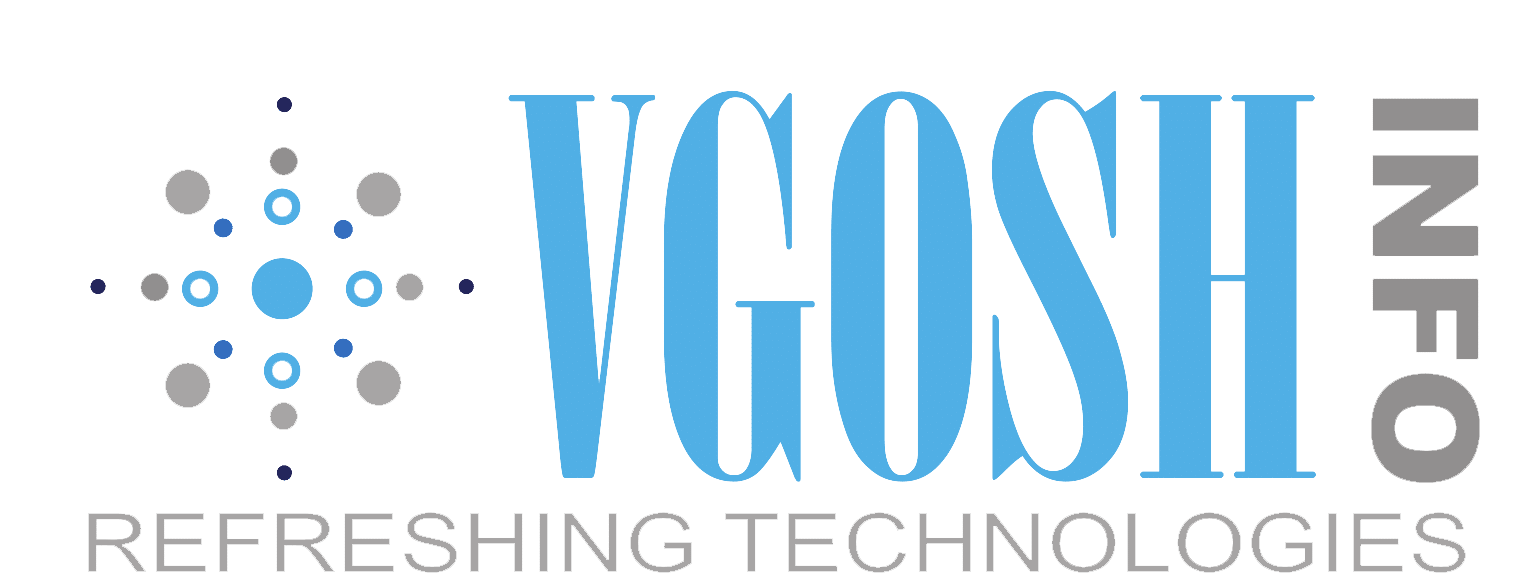Data Privacy Regulations in Singapore: What Businesses Need to Know
In an increasingly digital world, the protection of personal data has become a critical concern for businesses and individuals alike. Singapore, a global business hub, has recognized this importance and implemented stringent data privacy regulations to safeguard personal information. This article delves into the key aspects of data privacy regulations in Singapore and what businesses need to know to stay compliant and protect their customers’ data.
Understanding PDPA: The Backbone of Data Privacy
The Personal Data Protection Act (PDPA) is the cornerstone of Singapore’s data privacy framework. Enacted in 2012 and enforced by the Personal Data Protection Commission (PDPC), the PDPA aims to govern the collection, use, disclosure, and care of personal data. It balances the need for organizations to use personal data for legitimate purposes while ensuring individuals’ privacy rights are respected.
Key Principles of the PDPA
1. Consent: Organizations must obtain an individual’s consent before collecting, using, or disclosing their data. Consent must be clear, unambiguous, and informed.
2. Purpose Limitation: Personal data can only be collected for specific, legitimate purposes, and organizations must inform individuals of these purposes.
3. Notification: Organizations must notify individuals of the purposes for which their data is being collected, used, or disclosed.
4. Access and Correction: Individuals have the right to access their data held by an organization and correct any inaccuracies.
5. Accuracy: Organizations must ensure that personal data is accurate and up-to-date.
6. Protection: Adequate security measures must be implemented to protect personal data from unauthorized access, use, or disclosure.
7. Retention Limitation: Personal data should not be retained longer than necessary for legal or business purposes.
8. Transfer Limitation: Organizations must ensure that personal data transferred overseas is protected to a standard comparable to the PDPA.
9. Accountability: Organizations are accountable for complying with the PDPA and must designate a Data Protection Officer (DPO) to oversee compliance.
Amendments to the PDPA
To keep pace with technological advancements and evolving business practices, the PDPA has undergone several amendments. The most recent significant update, the Personal Data Protection (Amendment) Act 2020, introduced new provisions to enhance data protection standards.
1. Mandatory Data Breach Notification: Organizations are now required to notify the PDPC and affected individuals of data breaches that result in significant harm or involve a large number of individuals. This aims to enhance transparency and prompt responses to data breaches.
2. Increased Financial Penalties: The amendments increased the maximum financial penalty for organizations that violate the PDPA. The new cap is up to 10% of an organization’s annual turnover in Singapore or S$1 million, whichever is higher.
3. Introduction of Data Portability: The data portability obligation allows individuals to request the transfer of their data between organizations. This empowers consumers with greater control over their data and promotes competition among businesses.
4. Expansion of the Consent Framework: The amendments introduced a deemed consent by contractual necessity and deemed consent by notification framework, providing more flexibility for organizations in obtaining consent while ensuring individuals are adequately informed.
Compliance Strategies for Businesses
Ensuring compliance with the PDPA is not just a legal requirement but also a strategic move to build trust with customers and stakeholders. Here are some practical steps businesses can take:
1. Appoint a Data Protection Officer (DPO): Designating a DPO is a critical first step in ensuring compliance. The DPO oversees data protection strategies, conducts audits, and serves as a point of contact for data protection matters.
2. Conduct Regular Data Protection Impact Assessments (DPIAs): DPIAs help identify and mitigate risks associated with data processing activities. They are especially important for high-risk processing operations.
3. Implement Robust Security Measures: Protecting personal data from breaches is paramount. Businesses should invest in advanced cybersecurity measures, including encryption, access controls, and regular security audits.
4. Educate and Train Employees: Employees play a crucial role in data protection. Regular training sessions can help them understand their responsibilities under the PDPA and best practices for handling personal data.
5. Establish Clear Data Retention Policies: Define how long personal data will be retained and the procedures for securely disposing of it when no longer needed.
6. Develop a Data Breach Response Plan: Having a clear plan in place for responding to data breaches can minimize damage and ensure timely notification to affected parties and the PDPC.
The Role of Technology in Data Privacy
Technology can be a double-edged sword in data privacy. While it facilitates the collection and analysis of vast amounts of data, it also poses significant risks if not properly managed. Leveraging technology responsibly is crucial for businesses.
1. Data Encryption: Encrypting data ensures that even if unauthorized access occurs, the data remains unreadable and secure.
2. Anonymization and Pseudonymization: These techniques help protect personal data by rendering it anonymous or substituting identifiable information with pseudonyms, reducing the risk of exposure.
3. Automated Compliance Tools: Implementing automated tools can help businesses monitor and ensure compliance with data protection regulations in real time, reducing the risk of human error.
4. Secure Cloud Solutions: Cloud computing offers scalable and secure data storage solutions. Ensuring that cloud service providers comply with data protection standards is vital.
In Conclusion, Data privacy regulations in Singapore are robust and continually evolving to address emerging challenges. For businesses, understanding and complying with these regulations is not only a legal obligation but also a strategic advantage in building customer trust and loyalty. By appointing a DPO, conducting DPIAs, implementing robust security measures, and leveraging technology responsibly, businesses can navigate the complex landscape of data privacy and protect the personal data of their customers effectively. In doing so, they contribute to a safer digital ecosystem and reinforce Singapore’s position as a trusted global business hub.





